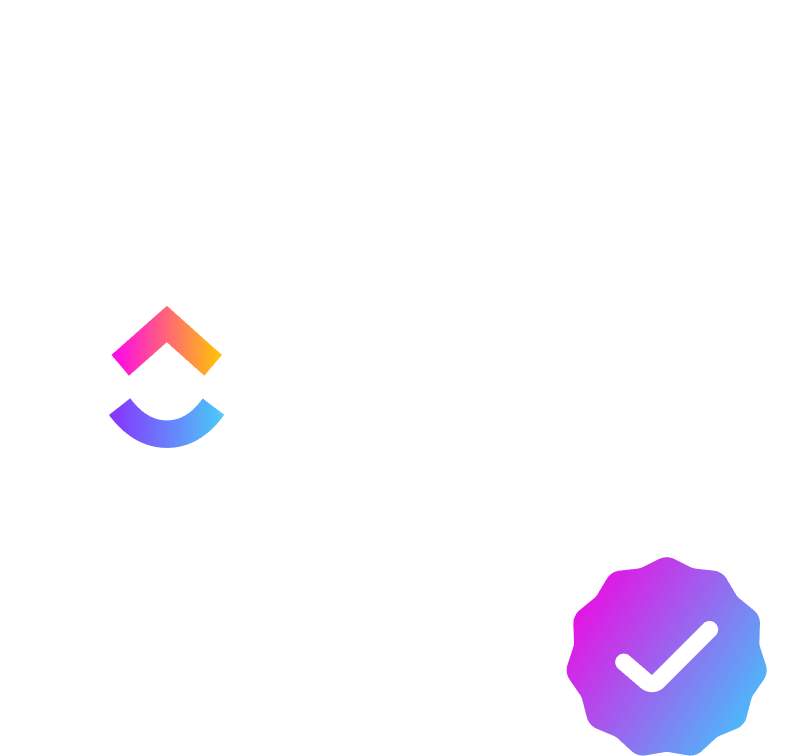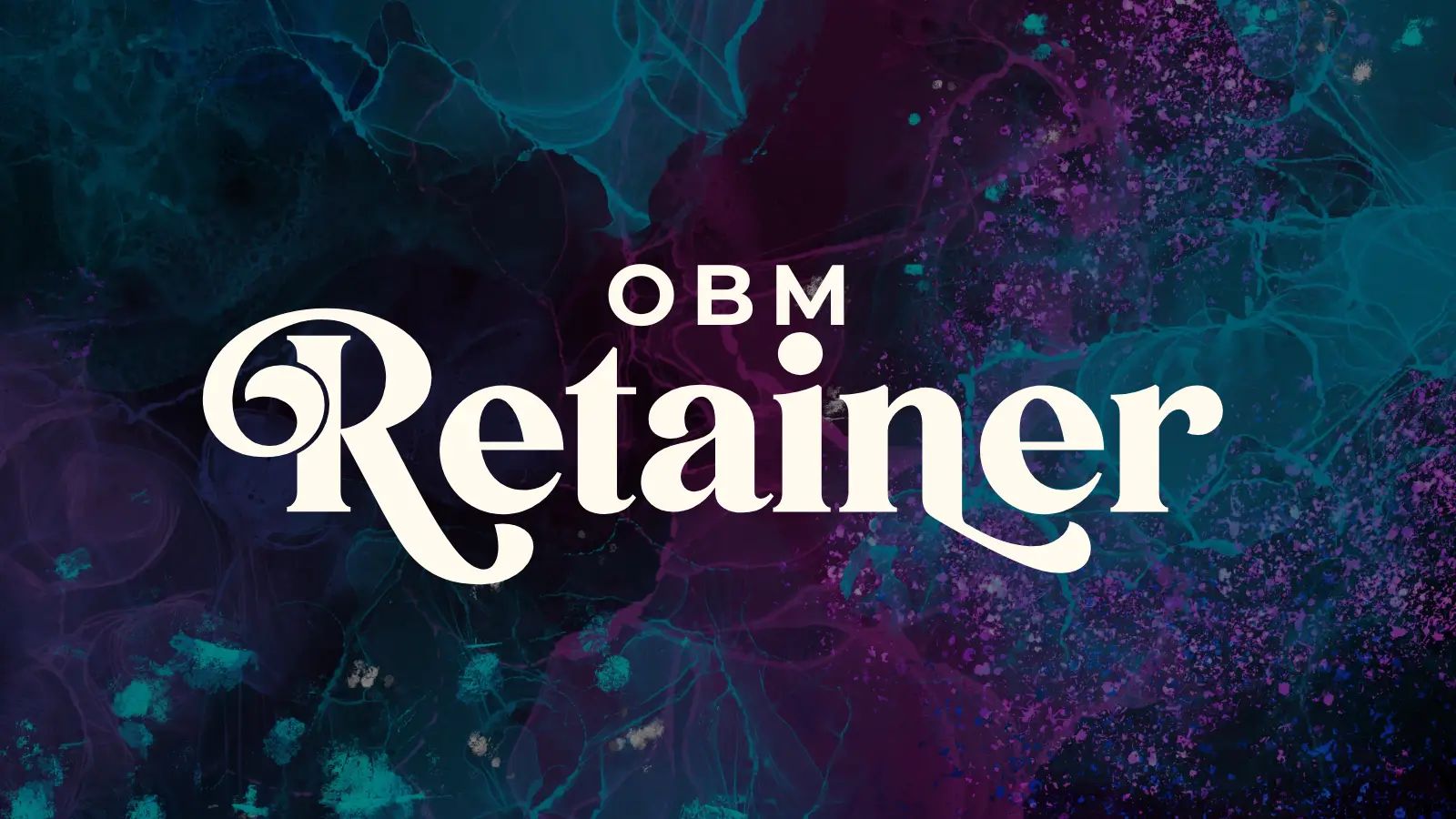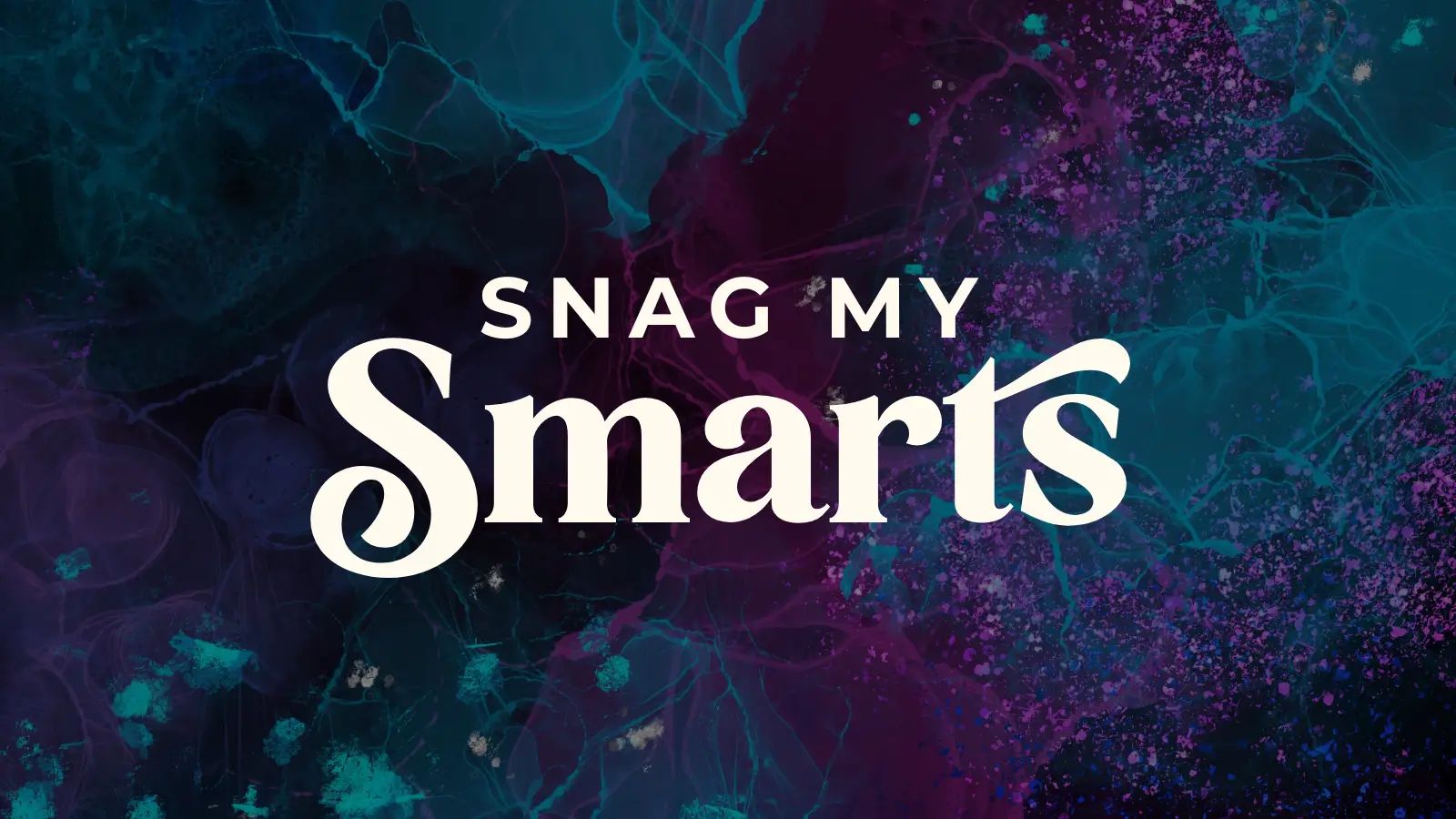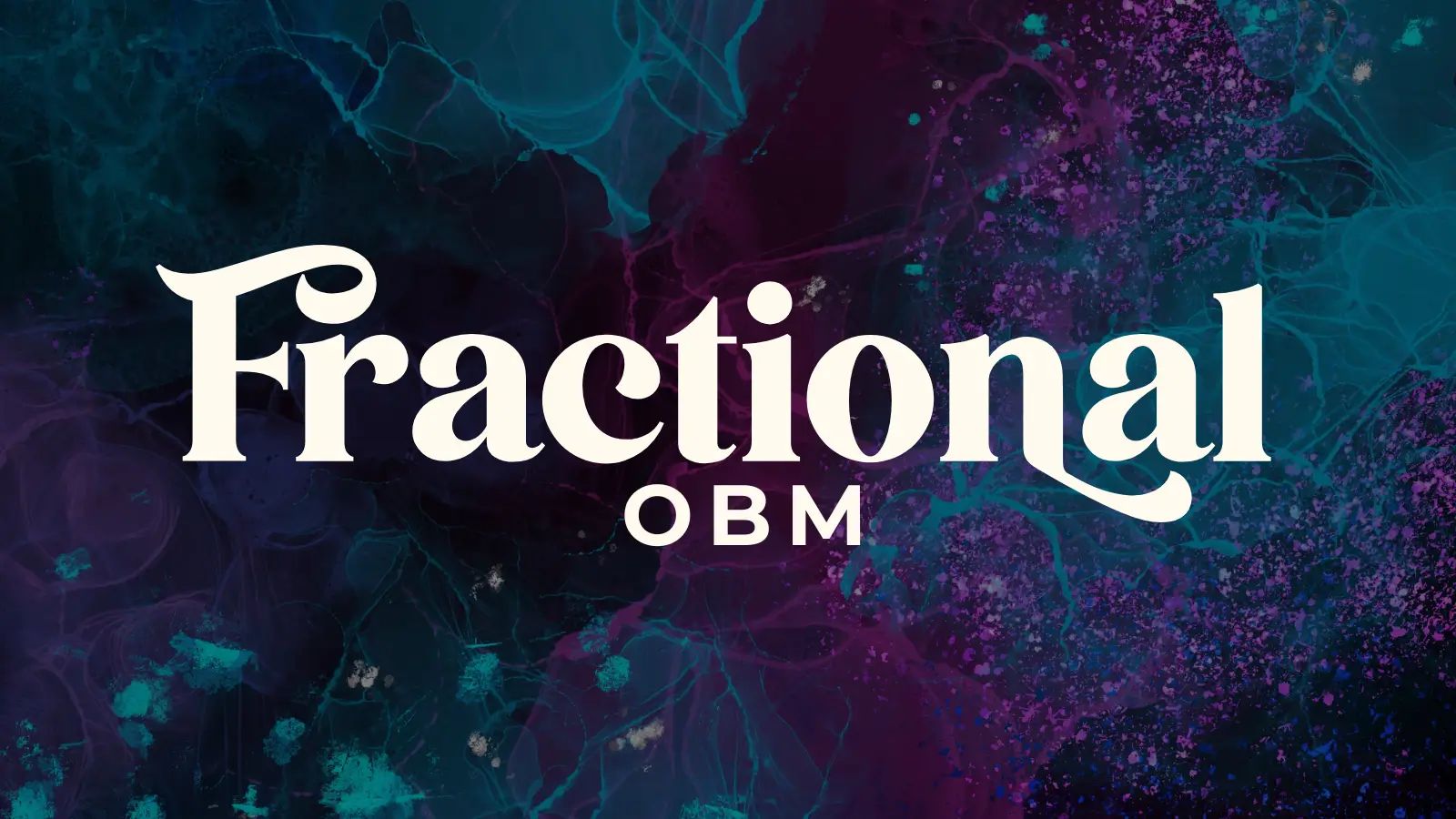Stay in your zone of genius...
leave the rest to me

Specialized OBM Support for Female Entrepreneurs Seeking Stress-Free Growth and Success

Drowning in Endless Operations? Let me be the systems-loving bestie, who takes that weight off your shoulders
Feeling Overwhelmed, Gorgeous?
That's where I come in.
While you're in your zone of genius, I'll be crafting kick-ass solutions to make your dreams real.
Together, we'll take those pesky challenges and turn them into stepping stones to success.
Let's transform your business and let you thrive without the sweat.
Hi, I'm Esme

I’m all about systems and operations, using my expertise to empower female entrepreneurs like you as your OBM (or DOO). My mission—helping you focus on what you do best, so you can shine in your zone of genius—and boost your earnings doing what only you can do.
With over a decade as a small business owner, I've had my share of roles—DOO, OBM, VA, PA, EA—in fields ranging from non-profits to multinational digital marketing agencies. This equips me with a unique perspective and a holistic approach, tailoring my services to fit your needs perfectly.
Beyond the professional, I embraced an all-black wardrobe at 14, and now, three decades later, I'm rocking the title of "Elder Goth." I'm also a wife, a puppy mom, and someone who swears a bit more than usual!
Get to Know Your Systems Bestie!How Can I Help You?
Recognized By



Latest Articles
To find out first, sign up to my newsletter if you want!
I Have a Newsletter Too!
It can get a bit sweary, so if that's not your jam, totally don't sign up! Wanna know more before you sign up, head here to read all about it!
Unsubscribe at any time. I respect your privacy and I'll never sell or rent your information. Read my Privacy Policy.
Start Where You Are,
Use What You Have,
Do What You Can.
Arthur Ashe
_bhXN7WKDGMjl97r89lIl1.webp?width=1080&quality=80&format=auto)


